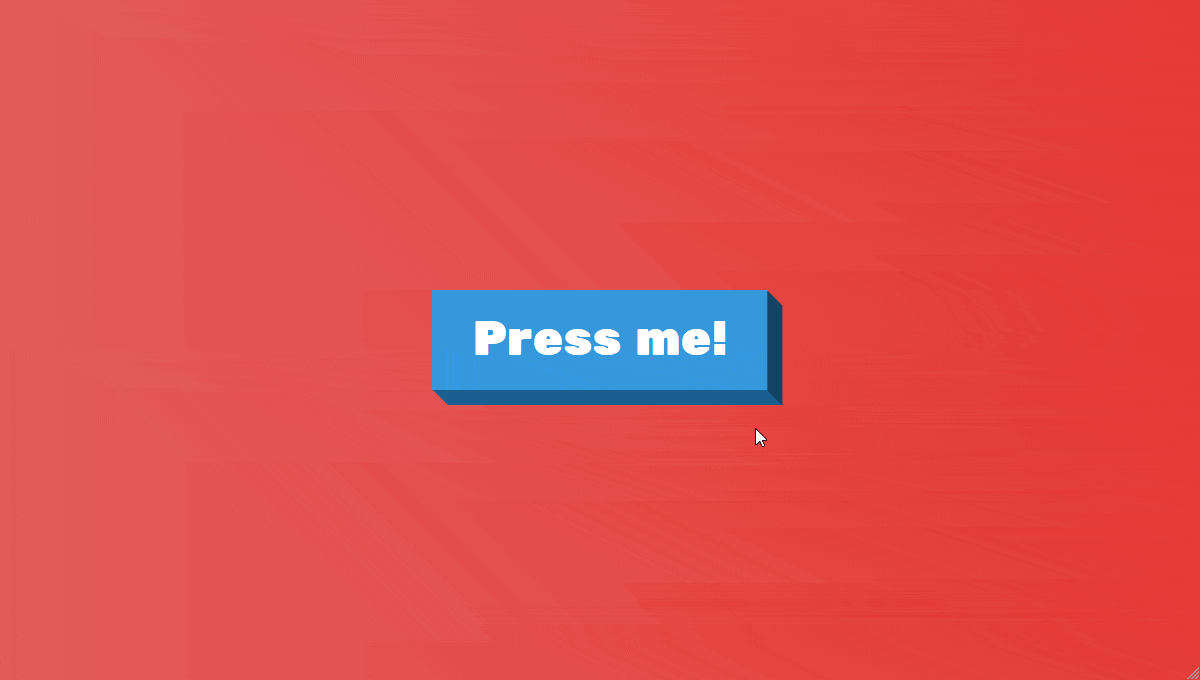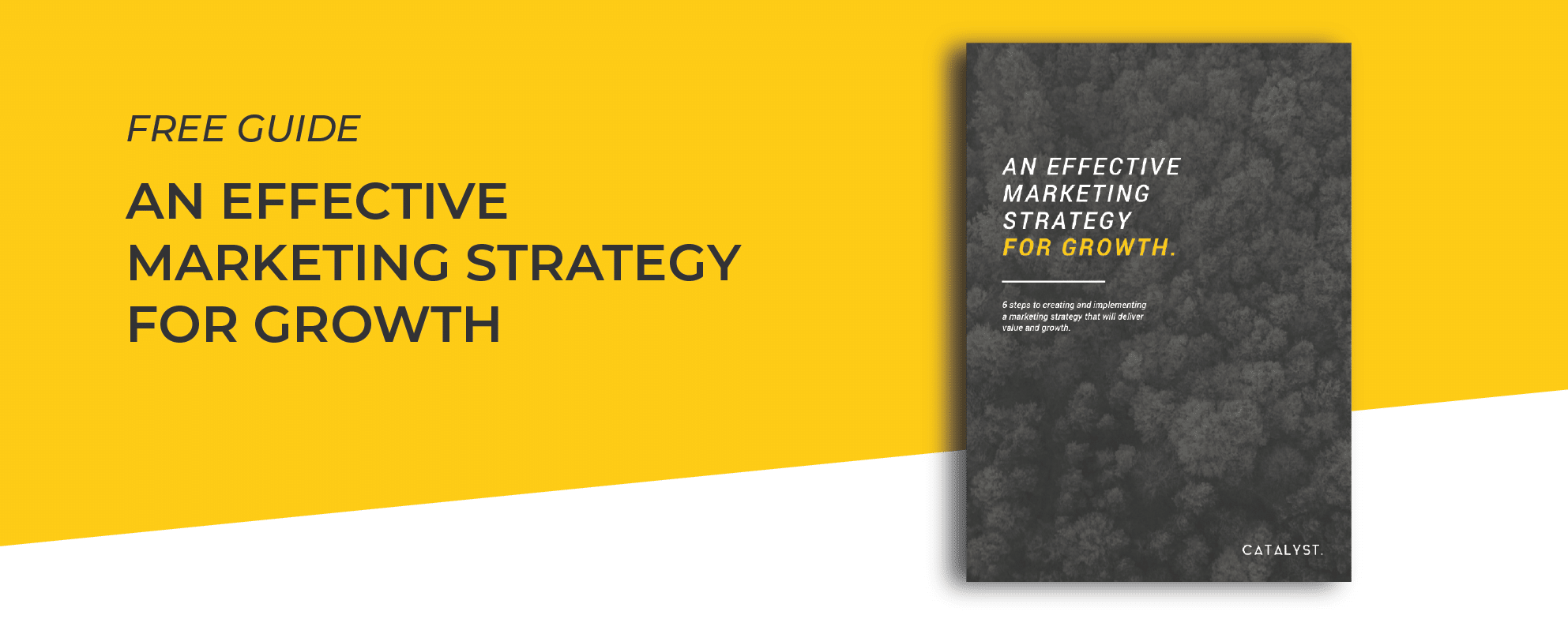Trust building is a delicate subject when it comes to sales and marketing. Often, deals are won and lost on the relationship as much as they are the offering itself.
There are certain words and phrases which are silent deal killers: used too often or incorrectly, they will work to build distrust in your approach without you even realising.It goes without saying that the words and phrases listed below aren’t as obvious as Vicky Pollard’s ramblings in Little Britain.
That said – and considering the fact that everything you could possibly ever say in person is amplified tenfold on a call or in writing – the examples we’ve given below can be just as costly to a business deal as waffling “Yeah but, no but” over and over again can be annoying.

If you’ve been following our blog recently, you may well have read the precursor to this piece: 8 Words And Phrases For Sales And Marketing Success.
That piece did exactly as it says on the tin, offering a few of the best words and phrases sales and marketing professionals can use in their day-to-day to build relationships with prospects and turn them into customers.
This article is very much a flip-side of the coin piece, looking instead at some of the worst words and phrases which many salespeople and marketers use every day that actually do more harm than good.
Get more content like this sent straight to your inbox by subscribing to our mailing list below.
Subscribe to Our Mailing List

1. Click Here
In the sister piece to this one we mentioned above, we wrote in-depth about tiny changes you can make to your marketing to significantly improve your conversion rates.
One of the keys is improving your calls to action. Far too often, businesses opt for the basic “Click Here”, “Subscribe” or “Submit” buttons.
These are boring, boring words.
They’ve been used on quite literally every website that’s ever been built since 1995.
Hoping that simple, basic calls to action like these will grab someone’s attention and encourage them to take the next step is delusional to say the least.
What to do instead
Put yourself in the shoes of a really annoying 7-year old for a moment and ask yourself: “But why? But why? But why?” over and over again until you have something better. Here’s an example.
Click Here
“But why?”
“To get the free guide.”
Great, so a better CTA would be:
Get Free Guide
“But Why?”
“To get valuable insights.”
Perfect, so an even better CTA would be:
Get Valuable Insights
“But why do I need them?”
“To start closing more deals.”
There you go. An even stronger CTA:
Start Closing More Deals
In just a few steps, we’ve gone from boring old Click Here to a solid, benefit-led button.
You could even go one further. “Why would someone want to start closing more deals?”
- Get My Sales Director Off My Back
- Smash My Target Now
- Stop Losing Deals
It goes without saying that some of these will be a step too far for some businesses, but you get the picture.
It’s very, very easy to make your calls to action more clickable just by asking yourself “Why?”

2. “Basically…”
Basically suggests that there’s a more detailed version, but the other person is too stupid to understand it, so you’ll be really considerate and put it into layman’s terms for their tiny little mind.
While most people won’t directly be too offended by basically, you’re still subliminally suggesting that there’s a full version which you don’t think they’re ready for, building distrust in the process.
The other thing about basically is that it’s one of those words that people get in the habit of using over and over again, almost as a gap filler in sentences.
“Basically, I wanted to get in touch because, basically, we’ve got this offer on and, basically I think it’s perfect for your basically business basically..”
This might be a bit of an extreme version, but using this word over and over throughout a relationship could get really annoying and be reason enough for a prospect to unsubscribe, unfollow or – worse still – close the deal down before you even ask for the sale.
What to do instead
Whenever you find yourself saying “Basically”, that probably means you yourself find this subject, topic or area of expertise difficult to understand.
A really good exercise to fix this is to write out an email to a friend or relative that knows nothing about this subject, explaining it to them as simply as possible.
Reduce it down over and over until you have a couple of sentences that are a perfect explanation of whatever you’re trying to say.
You don’t actually have to send the email to your friend or relative, but writing it out in a conversational tone will really help you to structure how you explain something to a customer or prospect in the future.
3.“Sorry for the direct approach”
If you’re sorry, why are you doing it?
Don’t be sorry that you’re doing your job. It’s a pretty pathetic way to open the communication lines that suggests you have nothing of value to offer and puts you in a really weak position.
Letting your prospect know that you’re not confident you should be calling, emailing or getting in touch at all suggests to them that you shouldn’t, meaning they’re far more likely to shut down the conversation before it’s even begun.
What to do instead
Start by being honest and saying: “We haven’t spoken before” or “We haven’t spoken for a long while now”.
Then go on to explain the reason for the call:
“But I wanted to get [back] in touch because I know that [CHALLENGE THEY WERE FACING]”.
Then go on to ask a question that they’re likely to answer a certain way to get the conversation going.
“Is that still something you’d be interested in finding a way around if that meant [ADDED BENEFIT]”
This is a really quick way to open and get the conversation flowing without beating around the bush and trying to be too polite, instantly proving that you have value to add.

4. Just Checking In
Unless you target hotels and airports, “Check In” is a phrase you should never use in your approach.
If you need to find a reason to call or contact someone, the conversation is likely to be pretty meaningless.
You’ll end up talking about plans for the weekend, the weather and whatever other meaningless chat springs to mind.
What to do instead
If you’re a marketer reading this and you know full-well your salespeople have to use the line above, shame on you.
Your content should be keeping prospects warm and visiting your site every so often, giving your sales team real reasons to get back in touch.
You should also have marketing automation systems in place notifying your salespeople when a prospect revisit the site, which pages they viewed and where they came back to your site from.
This gives salespeople the reason they need to have meaningful conversations with prospects that move them through towards a buying decision.
That turns a:
“Hi FIRSTNAME, it’s X here from COMPANY. We haven’t spoken for a couple of weeks so I just wanted to check in.”
Into a:
“Hi FIRSTNAME, it’s X here from COMPANY. We haven’t spoken for a couple of weeks now but I noticed that you viewed a page on our SERVICE earlier on; is XYZ a problem for you currently?”
A much, much stronger conversation starter than “Just checking in” which will also lead to a much more meaningful conversation that moves the prospect nicely along in the sales process.
5. “Thanks for Taking My Call”
This one comes with good intentions, but – in similar fashion to “Sorry for the direct approach” – makes you look a bit weak.
Being too nice in sales and marketing can be a really, really fast way to turn a prospect off.
Thanking someone for taking your call makes it sound like a big favour you’re doing them and puts you in a lesser position than they are.
Throughout every sales process is a power balance; come across too overbearing and your prospect will feel so inferior to you that they’ll want to work with someone a bit more respectful.
Come across too weak, however, and they’ll think of you as having far less value to add to the relationship; nobody wants to work with a nodding dog and wants your expertise, too.
Statements like “Thanks for taking my call” used time and time again will make a prospect feel as though they’re constantly doing you favours – not a good move.
What to do instead
You obviously shouldn’t treat ‘em mean to keep ‘em keen, being rude to prospects just to let them know you don’t actually need them.
You still need to make the prospect feel valued, but you also need to make them realise that you are a person and company of value.
Tell them instead that “It was great to talk about XYZ just now”, a simple fix which keeps the power balance in place.

6. Jargon and Overly Complicated Words
Finally, whatever you do, make sure you avoid jargon and overly complicated words at all costs.
There’s a common misconception that using big, complex words makes you sound more intelligent; in actual fact, it just makes you sound like you’re overcompensating for something by trying to dazzle people with irrelevant words they’ve never heard of.
More to the point, all you’ll do is take someone’s mind away from what you’re actually saying to ask themselves, “What the hell does that mean?”
What to do instead
Keep it simple.
As famous American writer Mark Twain once rightfully said: “Don’t use a $5 word where a 50 cent one will do.”
Whether you’re writing marketing emails, constructing a sales pitch or speaking to someone on the phone, keep things as simple as possible.
That’s not to say you should belittle your prospect and make them feel stupid, but to instil in them a confidence that you’re not the kind of person who needs to use big words to cover up even bigger holes in your knowledge.
The more simple your explanation, the higher the chances of someone understanding.
Wrapping Up
No matter how perfect your sales pitch or marketing approach, when it comes to improving close rates, there’s no substitute for a great perception of your business in the market.
If prospects already know who you are, what you do and have a good feeling about your business, no matter how many times you say “Basically”, they’ll still be inclined to go with you over a competitor.
If you want to start closing more deals before you’ve even found them, click here to get started.
For more on our Lead Generation services, click here.


